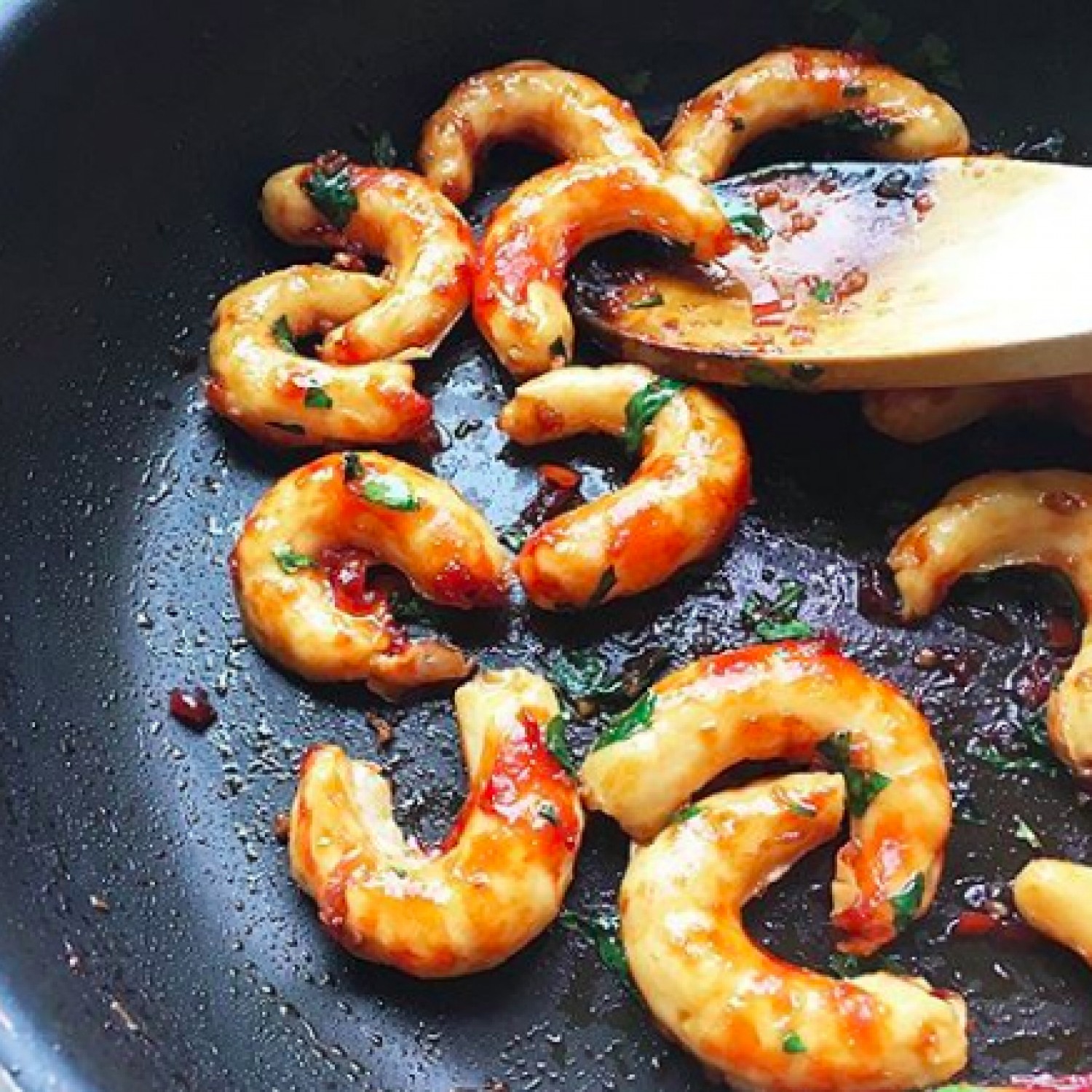



Article by: Hari Yellina
When you buy a dozen fresh prawns for a summer barbeque or a Christmas feast, you probably don’t consider what they ate before they arrived at your table. If you like prawns, though, you should know that the famous sea food could soon be manufactured in a way that has a lower environmental impact. Switching to plant-based feed, according to one Queensland shrimp farmer who has been currently testing a vegetarian diet for his prawns, could boost the resilience of Australian seafood. Matt West, farm manager at Australian Prawn Farms in Ilbilbie, near Mackay, said the industry had long been pushing for more sustainable diets.
In a recent study, these components were omitted off the menu, despite the fact that prawns are normally fed a marine-based diet. Mr West explained, “We thought we’d see how far we could drive it and really attempt to get away from any kind of marine source at all.” “Historically, the prawns were fed a fishmeal-based diet; while sustainably captured, the diet remains the same. “We transitioned from the wild-catch diet to a fish-waste diet, in which they smash and employ debris from the salmon and tuna industries, such as heads and tails, in these prawn meals. “This wild-catch product is becoming less and less popular.”
While plant-based elements were not a terrible thing, aquatic animal health expert Andy Barnes of the University of Queensland said it was necessary to make sure they were still sustainable. “There are literally thousands of products available that can be evaluated as fishmeal alternatives at differing amounts,” Dr Barnes said. “You really have to test them all and judge how sustainable and traceable they are.” “However, if you’re chopping down the Amazon and growing soy there to do so, when the fishmeal comes from a regulated fishery, you may not be making the diet more sustainable.”
Dr Barnes added that knowing where ingredients come from was only one of two important aspects of sustainability. “If you’re thinking about sustainable feeds, you’ll want to make sure you can meet the animal’s nutritional needs, and then it has to be economical,” she says. According to Mr. West, the shift to plant-based diets is gaining acceptance on a larger scale. “They’re already employing components of this concept diet in commercial feed, so there’s a tendency toward switching.” He believes it will have an influence beyond prawns and will eventually be employed in the whole seafood sector.
However, Mr West stated that going completely plant-based is not practical at this time. “From what I gather, there are some extremely pricey compounds in there that aren’t yet available on a commercial basis.” While Australia’s fish industry places a high emphasis on sustainability, Dr Barnes believes there is always space for improvement. “We’re doing fairly well here right now, and the industry has come a long way in terms of its environmental footprint in the last 20 years.” “Things like prawns are exactly where we should be looking when it comes to food system sustainability, because we don’t have to feed them complex and expensive things.”